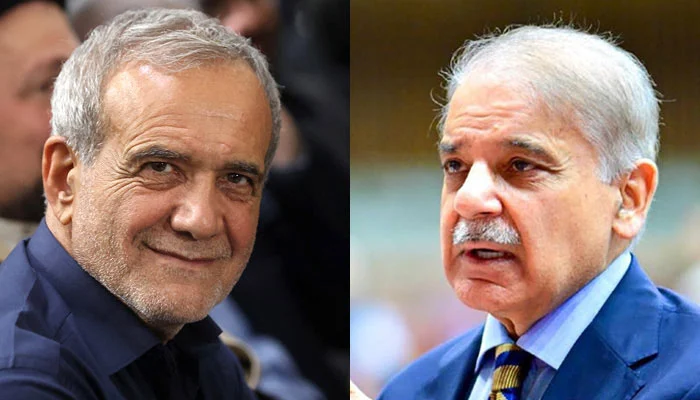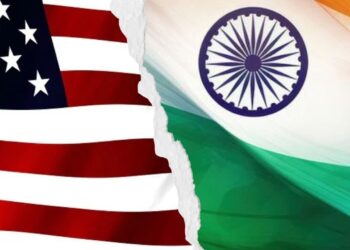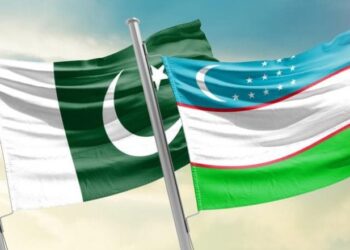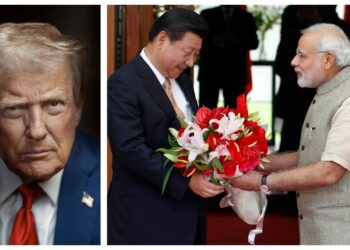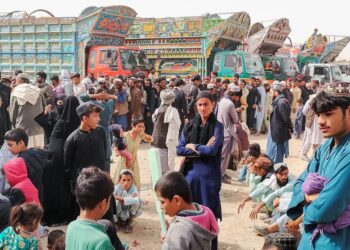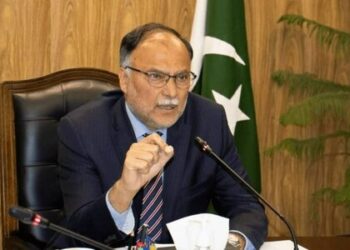ISLAMABAD; Iranian President Dr. Masoud Pezeshkian is scheduled to arrive in Islamabad on Saturday (tomorrow) for his first official visit to Pakistan, the Foreign Office confirmed on Friday. The two-day trip, taking place from August 2 to 3, comes at the invitation of Prime Minister Shehbaz Sharif and is aimed at reinforcing the longstanding ties between the two neighbouring countries.
According to the Foreign Office, President Pezeshkian will be accompanied by a high-level delegation, including Iranian Foreign Minister Seyyed Abbas Araghchi, senior cabinet members, and top-ranking officials. During his visit, the Iranian president is expected to hold formal talks with Prime Minister Shehbaz Sharif and call on President Asif Ali Zardari. The delegation-level discussions will focus on deepening cooperation across multiple sectors.
This will be the second presidential-level visit from Iran to Pakistan in just over a year. Pezeshkian’s visit was initially planned for the last week of July but was rescheduled for early August. His predecessor, Ebrahim Raisi, made a landmark three-day visit to Pakistan in April 2024, just a month before his tragic death in a helicopter crash. That visit had laid the groundwork for expanding trade and regional engagement between the two countries.
President Pezeshkian’s trip follows Prime Minister Shehbaz Sharif’s own two-day visit to Iran in May 2024, where he met Supreme Leader Ayatollah Seyyed Ali Khamenei and President Raisi. That visit focused on strengthening bilateral trade, enhancing regional connectivity, and expressing Pakistan’s gratitude for Iranian support during recent tensions with India.
According to Mehdi Sanai, Political Adviser to the Iranian President, President Pezeshkian’s engagements in Pakistan will include meetings with cultural and business leaders. Sanai highlighted that Iran-Pakistan ties are deeply rooted in shared political, religious, economic, and cultural values. One of the primary objectives of the visit is to enhance provincial and border cooperation and to push bilateral trade beyond the current $3 billion mark.
The visit underscores both countries’ commitment to deepening their brotherly relationship, expanding regional collaboration, and aligning on shared concerns such as the Gaza crisis and broader geopolitical developments in the Muslim world.








